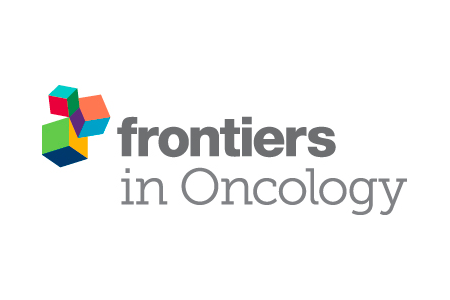Recent Advances in Diagnosis, Prognosis, and Therapy of Oncogenic Virus-driven Tumors
Abstract Submission Deadline 19 May 2023
Manuscript Submission Deadline 18 September 2023
Oncogenesis is a complex, multifactorial process in which normal cells turn into cancerous cells as a consequence of the dysregulation of many specific genes and pathways, ultimately leading to the tumor onset/progression. Numerous factors and agents have been reported to either be associated to or play a causative role in the cancer onset. Among oncogenic agents, tumor-inducing viruses are acquiring growing importance as main players in cancer. In the past years, tumor-driven viruses had been of paramount importance for the identification of the molecular factors involved in cancer. Currently, virus-inducing tumors are commonly considered important contributors to cancer burden globally. The burden of tumor cases attributable to oncogenic viruses has been estimated at approximately 20% (2.2 million) of cases worldwide. Well known virus-driven tumors comprise, mainly, adult T cell leukemia, Kaposi’s sarcoma, Burkitt’s lymphoma, as well as nasopharyngeal, hepatocellular, vulvar, anal, penile, cervical, and Merkel cell carcinomas.
Oncogenic viruses can be categorized as either DNA or RNA viruses. Viral agents, such as human papillomavirus (HPV, high-risk types), Epstein-Barr virus (EBV), hepatitis C and B viruses (HCV and HBV), human immunodeficiency virus, type-1 (HIV-1), human T cell lymphotropic virus, type-1 (HTLV-1) and human herpes virus type 8 (HHV-8, or Kaposi’s sarcoma herpes virus, KSHV) are currently classified as human carcinogens (Group 1) by the International Agency for Research Cancer (IARC). Additional viruses, such as Merkel cell polyomavirus are acquiring importance, as a causative role in cancer being established. Moreover, numerous other viruses have been hypothesized, to some extent, to be involved or play a role in oncogenesis.
Although tumor viruses belong to distinct families, they share several common oncogenic characteristics, which primarily comprise an increased immune escape ability in order to establish a chronic infection, the integration, in some cases, of the viral genome into the host DNA and the expression of key viral oncoproteins, which tend to inhibit tumor suppressor proteins p53 and pRb. These molecular events lead to the regulation of the host cell proliferation and apoptosis thus favoring cell transformation. Understanding the molecular mechanisms, pathways, and players at the basis of the oncogenic activity of these viruses might improve the knowledge behind the oncogenic process, thus improving diagnosis, prognosis, and therapy of virus-driven tumors.
In this Research Topic, we therefore welcome basic, translational, and clinical research articles, reviews and commentaries, in the field of virus-driven tumors, with particular attention to the currently employed diagnostic, prognostic, and therapeutic approaches.
Please note: manuscripts consisting solely of bioinformatics or computational analysis of public genomic or transcriptomic databases which are not accompanied by validation (independent cohort or biological validation in vitro or in vivo) are out of scope for this section and will not be accepted as part of this Research Topic.
Topic Editors:
Dott. John Charles Rotondo
Prof. Giuseppe Fiume
Prof.ssa Fernanda Martini
Prof. Mauro Tognon



